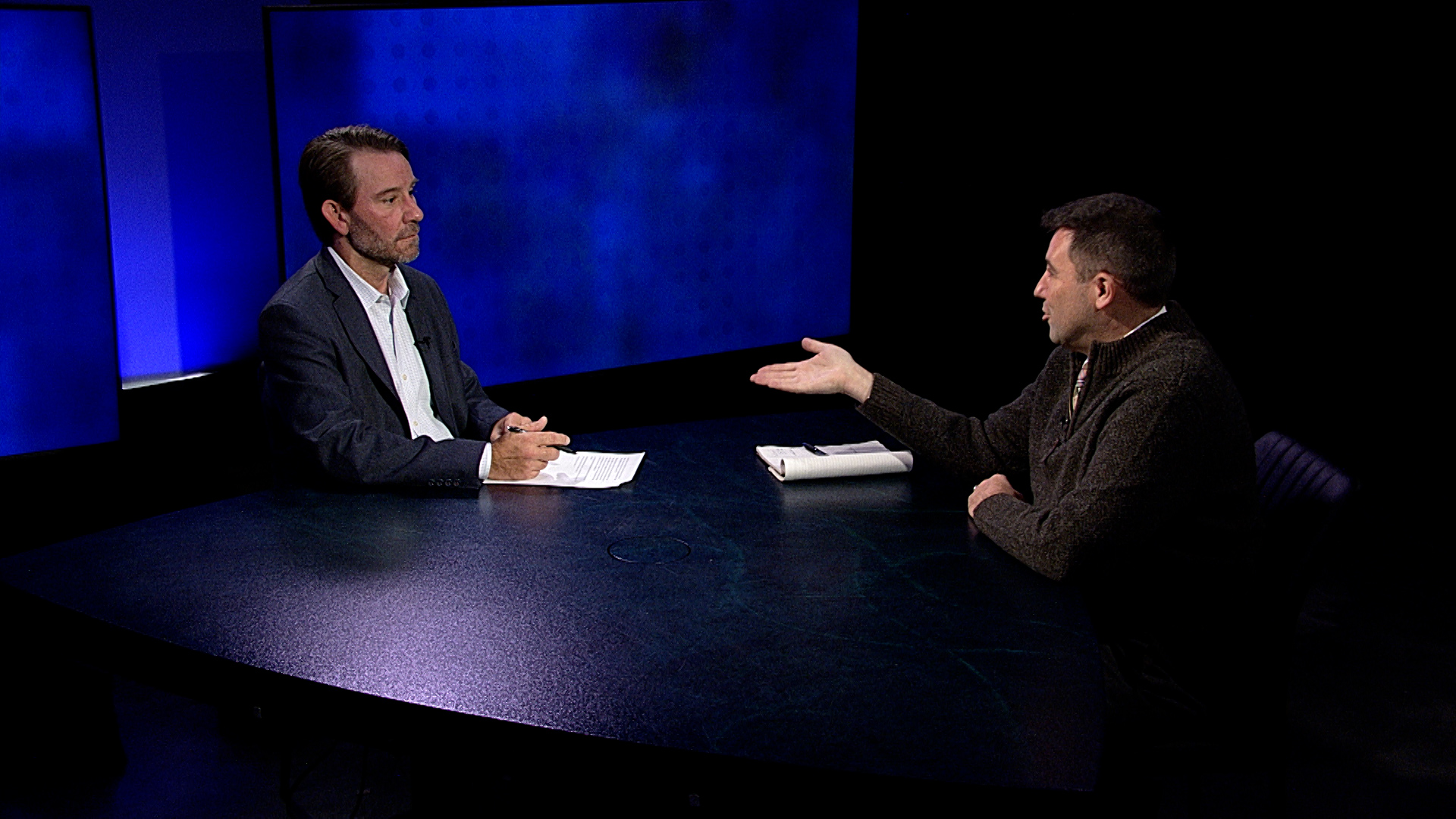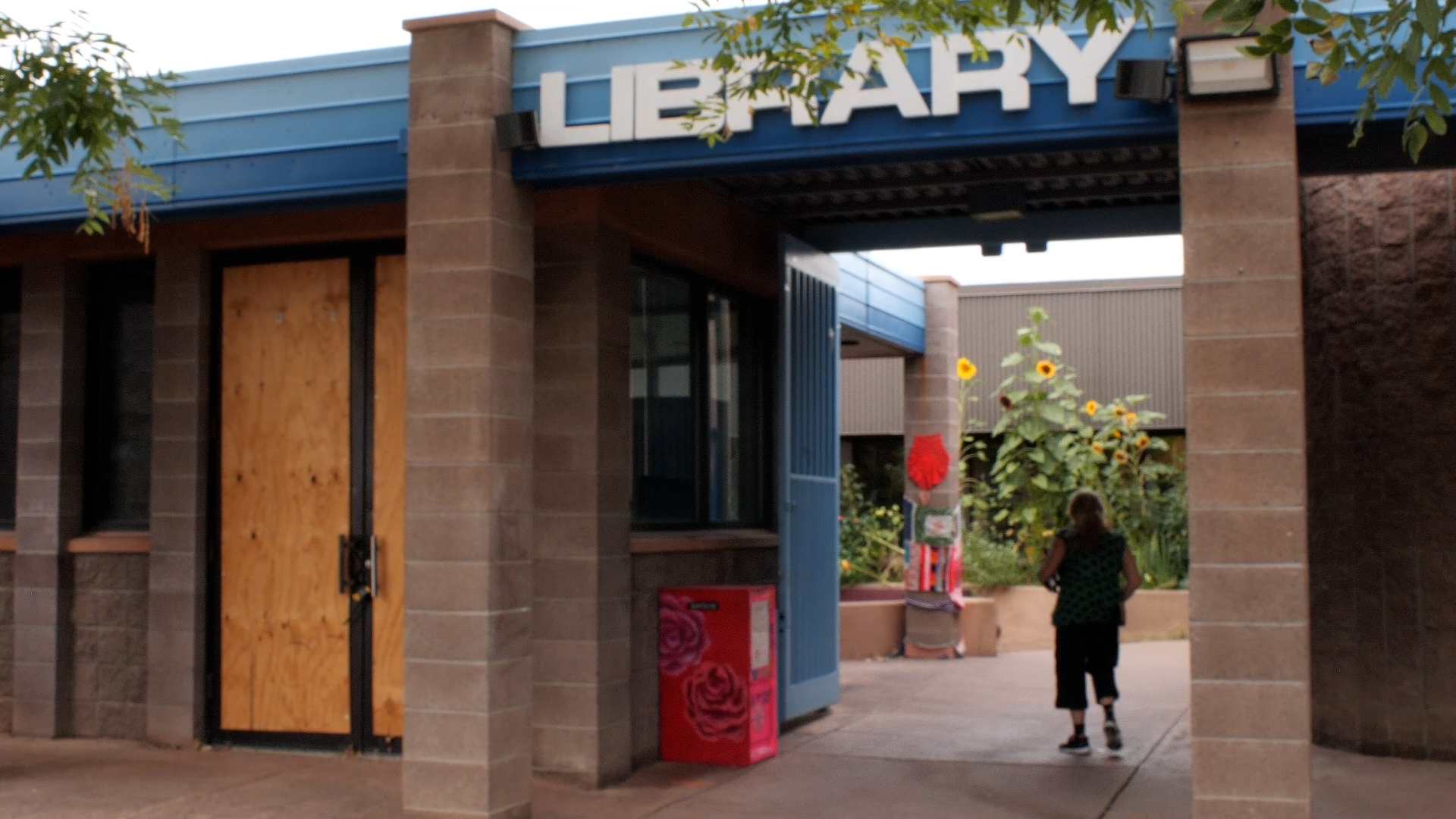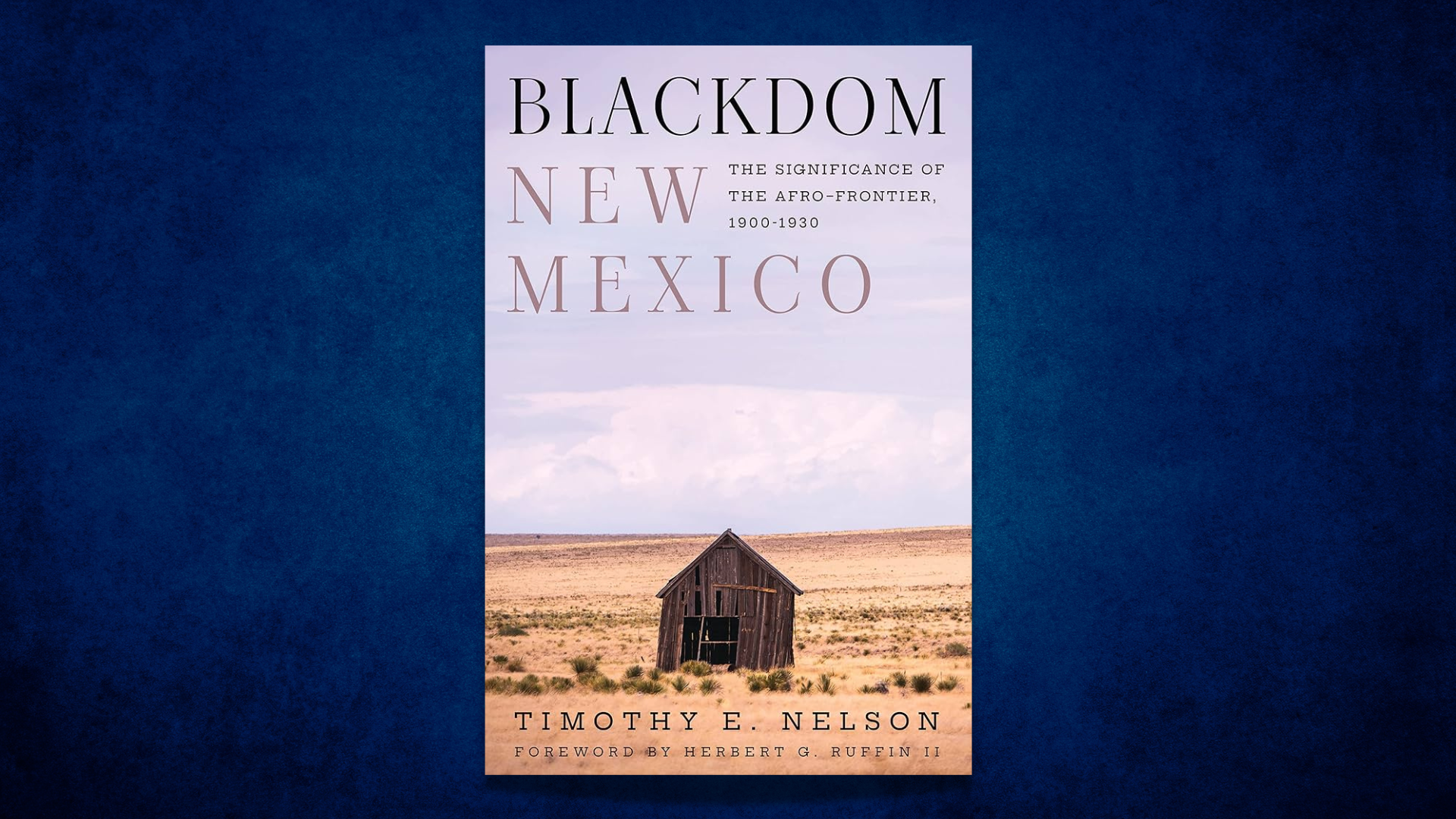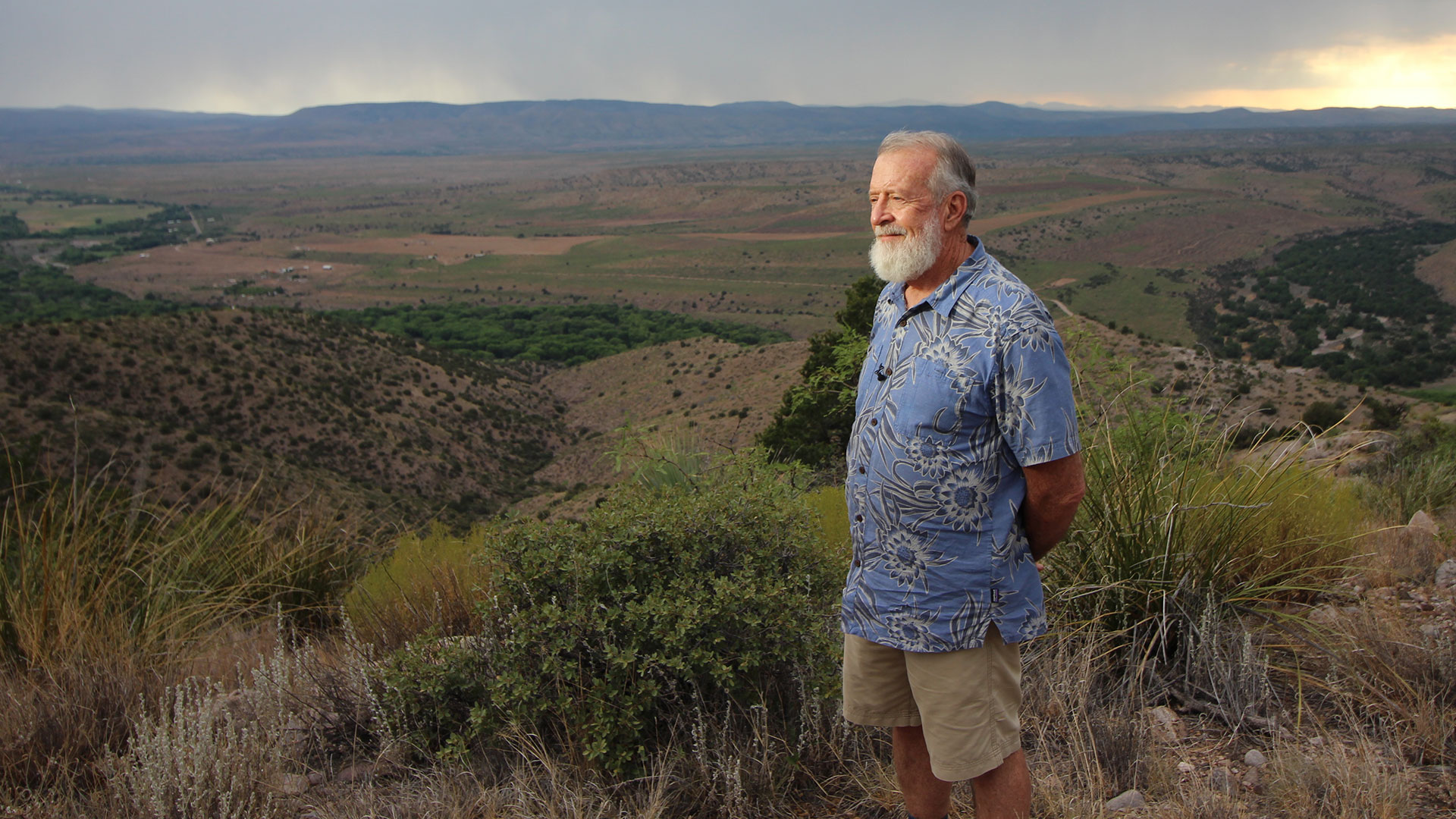Citizens’ Defense
By all official accounts, nearly a decade of federal oversight for the Albuquerque Police Department is lumbering to an end. Whether the court-enforced consent decree between the U.S. Justice Department and the City of Albuquerque has been successful is a question with which I spend considerable time — thinking, talking with friends and sources, thinking some more. But it’s not a question to consider for what I’m writing today. That said, a brief reminder might be useful: After an 18-month investigation that ended in 2014, federal authorities found a “culture of aggression” within APD that led to a longstanding pattern of unconstitutional use of force — especially cops shooting people — and failed department and City Hall leadership that turned a blind eye to and even encouraged the horrors.
What resulted was the aforementioned consent decree, which mandated hundreds of changes at APD aimed at constitutional policing, preserving human life and, perhaps as importantly, ensuring that when officers go too far, mayors and their appointed leaders at the police department hold them accountable and stop future abuses. It’s been an arduous, sometimes pedantic, always expensive decade, ringing the taxpayers’ cash register for more than $10 million in monitoring fees alone.
Soon enough, though, the Justice Department will pull up stakes and leave Albuquerque. One piece of forced reform stands in the way of completing the consent decree project — the same piece that’s meant to stand as a check on police power once the feds leave town: citizen oversight.
I spent almost 18 minutes on this week’s episode of New Mexico in Focus interviewing outgoing City Council President Pat Davis about the system officials have built to ensure people who live here have a say, beyond their voting power, in how they’re policed. The current scheme is split into two halves, each named by a maddeningly antiseptic proper noun: the Civilian Police Oversight Agency, composed of law enforcement professionals employed to investigate individual allegations of officer misconduct, and the Civilian Police Oversight Advisory Board, with five members appointed by City Council meant to keep an eye on the investigators and the trends that emerge among cops.
Elected officials have been trying to make citizen police oversight work in Albuquerque for a quarter-century. It never has. And what’s in place now is, to tweak a phrase from the modern parlance, a smoldering waste management receptacle conflagration. So many of the people I trust on these issues gave up long ago on citizen oversight, and they’ve less faith in it now than at any point in the experiment’s history. But something Councilor Davis, himself a former cop, said during our interview reminded me that laughing or scoffing at this system is both unwise and counterproductive.
“That new [police oversight] board is going to give us big picture stuff. They’re going to monitor the provisions of the [consent decree] that we put in law so that when [the decree ends], we still have something to hold [the police and the city administration] to,” Davis told me. “They’re gonna tell us how many officers we have working, how many of them used force and how many of those were constitutional — and how the department is doing. This is the oversight agency. From a professional level, [the oversight agency [is makde up of] the independent investigators who are going to be the cops watching the cops. They are experienced law enforcement folks applying the standard to be sure APD systems work…We’re codifying those processes to be sure they’re there beyond any of us.”
Since you put it like that, paying attention seems more important.
But the system, which operates under the supervision of the City Council, is broken.
Councilors passed a major overhaul in January. The board has not met since, in part because just two of the five seats are filled, meaning there is no quorum. The oversight agency does not have a permanent leader, and councilors have failed even to hire the contractor — mandated by their own legislation — whose primary responsibility is hiring a leader for the agency.
The system has not ground completely to a halt since the January changes. I rounded up some year-to-date figures from interim agency Director Diane McDermott, who reports that 603 complaints have been filed, with 269 of those being assigned to investigators — 239 of them in-house and the other 30 farmed out to APD’s Internal Affairs Division. (The status of those cases is not clear.)
Still, Davis concedes that the council has moved too slowly in ensuring that citizen oversight functions as it was designed, leaving this key piece in the police accountability puzzle unplaced.
Davis didn’t just come on the show to remind viewers of the vital role citizen oversight could and show play. He also came on to argue against a new proposal from Mayor Tim Keller that would remake the supervisory authority for both the oversight board and agency.
In a two-page letter dated Oct. 27, Keller laid out the system’s failures during the past 10 months. The larger frame, as the mayor presented it: bringing the citizen oversight component in line with the consent decree is the last major roadblock to reaching full compliance. “I would not be fulfilling my duty as our city’s chief executive if I did not convey in clear terms, that we do not believe Council, as a lawmaking body, has the ability to oversee either a volunteer board or an administrative agency,” Keller wrote. “So, I am asking, on behalf ouf our officers and on behalf of our entire community, please take immediate action to remedy this issue to not further prolong this [consent decree] process.”
The mayor has a solution in mind: “The best option, at this junction, is to transfer oversight of the Agency to the Office of the Inspector General and vetting process for Board to the Administration,” he wrote in his letter.
I emailed several questions to the mayor’s spokesperson, Ava Montoya, seeking clarification on the mayor’s idea. Montoya downplayed the proposal, writing in each of her responses some version of the following: “This was just one suggestion.” She pointed out that the inspector general does not report directly to the mayor, meaning his administration would not control the oversight agency if supervision were to shift as Keller prefers — and that the council would be able to serve as a “check” on appointments to the board.
Of particular interest was Keller’s suggestion that the inspector general should oversee the Civilian Police Oversight Agency. Not long after I sent Montoya my questions, I saw a report on KOB-TV about a recent finding from the IG that the city “wasted or misused taxpayer money” — to the tune of nearly $100,000 — when it funded the writing and publication of a book by former Albuquerque Journal columnist Jolene Gutierrez Kruger, ostensibly offering an “inside look” at the Keller administration’s handling of the COVID-19 pandemic and the anti-police-violence protests of 2020. (The book sold just 91 copies.)
Here is how one of Keller’s department directors responded to KOB:
“The OIG has demonstrated biased behavior, overreach of authority, and failure to adhere to established auditing protocols, raising serious concerns about their impartiality. A recent change to the OIG ordinance has created a structural lack of independence, violates national standards, and has further politicized the office.“
Why, given the administration’s view of the IG, would the mayor suggest placing something as important as the Civilian Police Oversight Agency under that office? I asked Montoya.
She responded: “The Mayor’s only intention is to finish the CASA. We are not attached to using the only quasi-independent branch of City government. It was just one idea to prod Council forward.”
Davis responded to the mayor with a letter of his own, making the case for why the City Council should remain in charge of citizen police oversight. And he sharpened his argument during our interview. The bottom line for the council president is that the task force that created the framework for the current iteration of citizen police oversight in Albuquerque placed it under City Council for a very specific reason: to ensure independence and checks and balances.
Given that citizen oversight is essentially all that will remain after regimented supervision by the Justice Department and a federal judge end, a system residents can at least trust is not controlled by the police themselves seems essential.
-Jeff Proctor, Executive Producer
-
Citizens’ Defense
By all official accounts, nearly a decade of federal oversight for the Albuquerque Police Department is lumbering to an end. Whether…
-
New ‘Period Pods’ Aim to Limit Period Poverty in Santa Fe
11.3.23 – Correspondent Antonia Gonzales visits the director of Free Flow New Mexico, and three other people who have been vital…
-
Blackdom, New Mexico: The Significance of the Afro-Frontier, 1900-1930
11.3.23 – Founded at the turn of the 20th century, Blackdom was a freedom colony in southern New Mexico formed by…
-
New Mexico’s Water Solutions are Possible—but not Easy
11.3.23 – Over the past decade, former New Mexico Interstate Stream Commission director Norman Gaume has urged lawmakers to fund state…
-
Policing the Police
11.3.23 – This week on New Mexico in Focus, Executive Producer Jeff Proctor interviews outgoing Albuquerque City Council President Pat Davis…





